The mass communication channels such as newspapers, radio and television have been used for information, education and entertainment, and the utility of radio has been found immensely in informing and educating the people with low literacy levels. The content of radio programmes focused on edu-entertainment programmes and for instance, the successful radio programme in the late 1990s, Tinka Tinka Sukh has profoundly impacted the semi-literates in a village, Lutsan in Uttar Pradesh. The programme triggered a social change, and the few youth in village formed a youth club to tackle the age-old programmes such as dowry, sanitation, alcoholism, lack of girl childeducation and so on. With the encouragement given by the youth club, the enrollment percentage of girl child in the schools has gone up. Such instances highlight the fact the public broadcaster like All India Radio is relevant. However, the proliferation of television channels has redefined the use of the media in India, and entertainment has occupied the prime place. Professor Daya Kishan Thussu of Westminster University, London in this book News as Entertainment, argues that 'news too has become entertainment' and the function of television as an informer has lost its relevance making the existence of radio redundant. The popularity of the radio as a public broadcaster has been steadily declining, and the rise of FM radio emphasizes the fact that the entertainment is crucial to captivate the audience. In such a scenario, the present work has proved it again that the radio lessons for primary school children are effective, and supplement information provided by the classroom teacher. However, the radio cannot replace a school teacher, and the 'novelty' in the radio lessons does attract the students to the medium, particularly the tribal students. The study, thus, underlines the importance of radio in imparting education to the pupils, while facilitating the knowledge gain of the primary school children. The present work done by the research scholar is definitely a contribution to the knowledge as the findings of the study will certainly help the policy makers in formulating plant for better utilizing the radio as instrument of education and will pave the way for accepting the role of radio in the process of gaining knowledge by the students at the primary and secondary levels.
Media and Human Rights
$70.20
$78.00

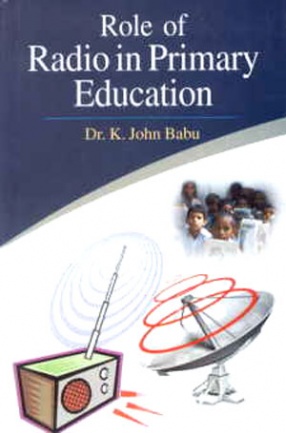
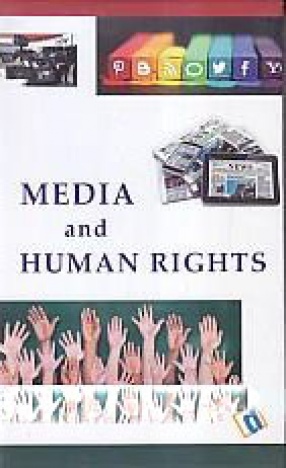
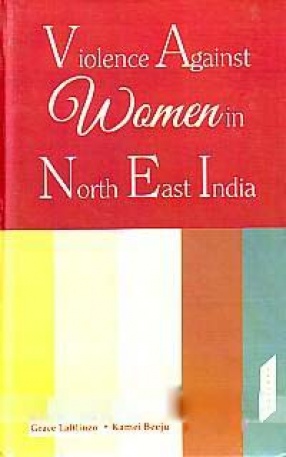
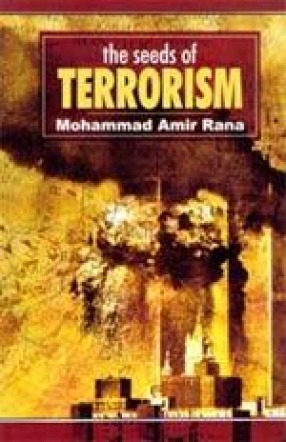
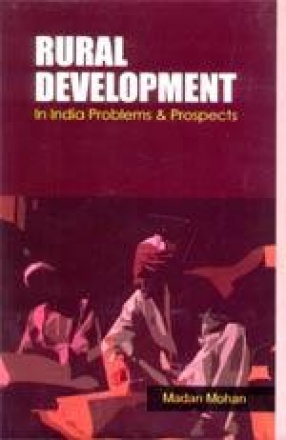
There are no reviews yet.